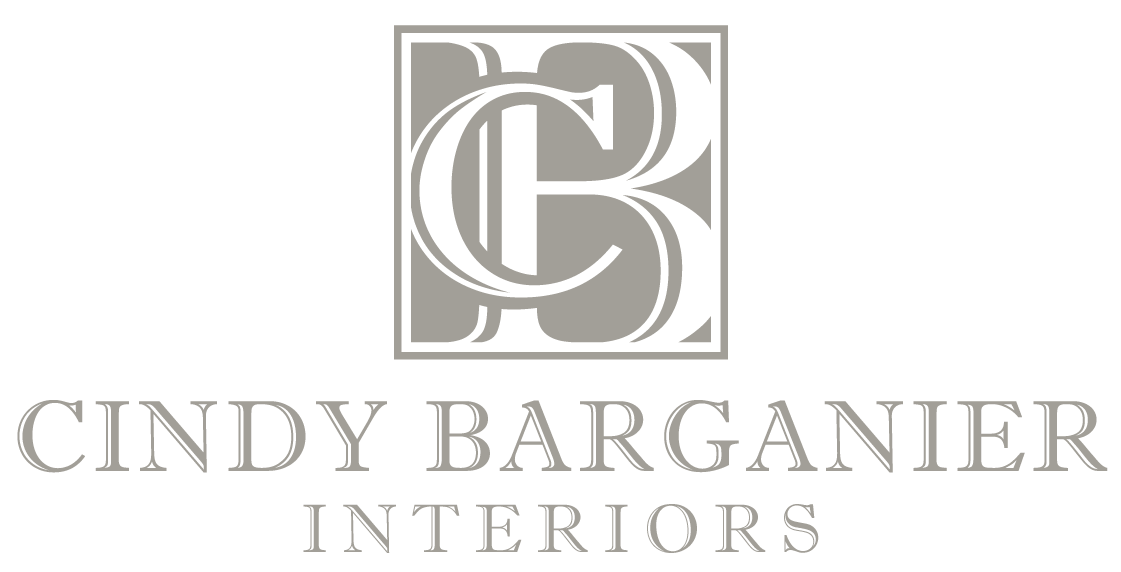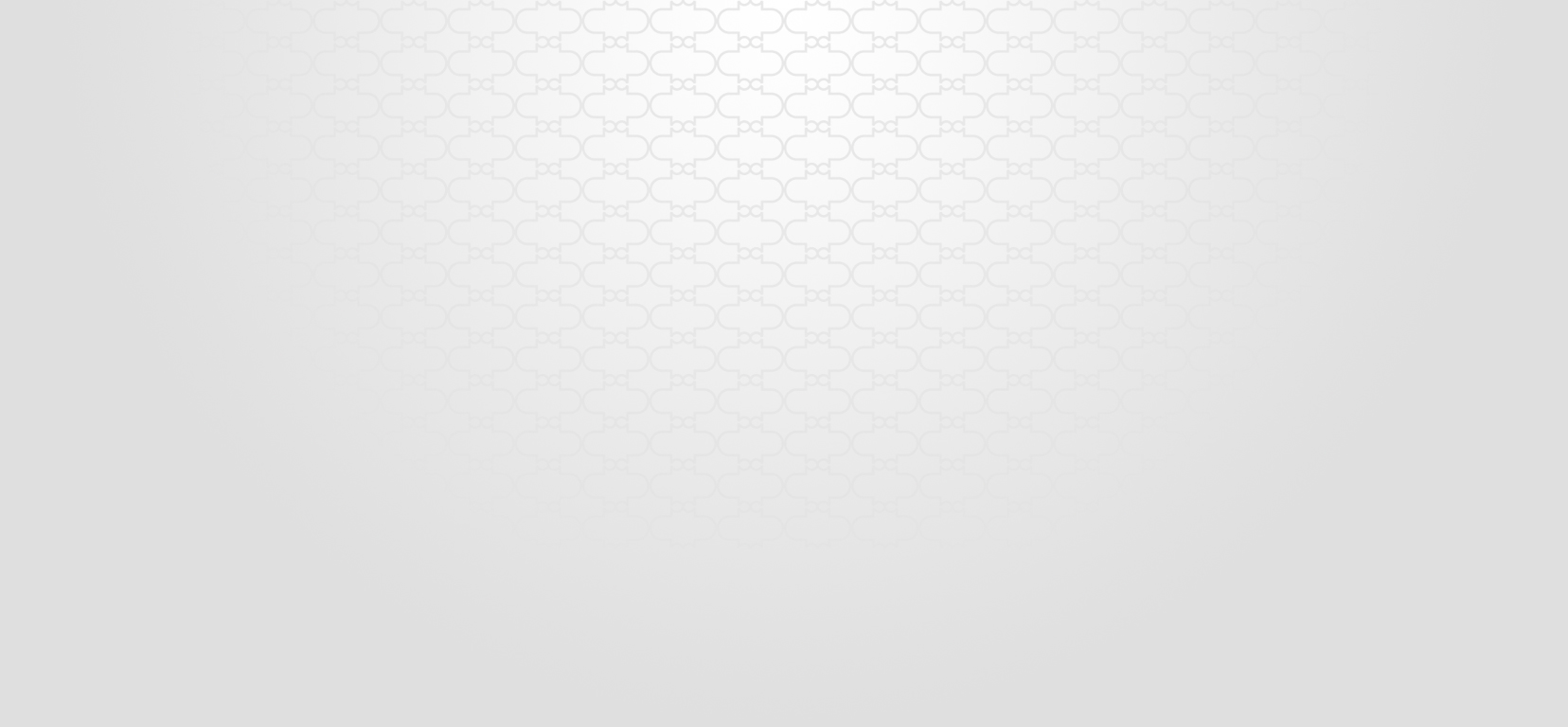What artist wouldn’t be happy with a post that opens with a picture like that!
This was not planned to happen this fast but when a client sees your designs for fabrics, flips and says,
“I want to use it”
you find a way to make it happen- right?
It was a case of right time, right place, and, God’s favor.
One of the plants that prints for Duralee is experimenting with digital printing as opposed to hand printing and they needed a guinea pig. I had a mountain of fabric designs that had so many colors they HAD to be printed digitally and I needed a printer. God put us together.
I warn you, this is going to be a long post so I will break it up into bite size pieces but I think you will find it fascinating.
Traditionally, fabrics have been made a couple of different ways. The oldest method and most expensive is custom, hand screening where two people walk opposite each other down a long table filled with fabric and drag a wooden squeegee over screens made of silk to push dye through the silk. There is a different screen for every single color. For instance, if the pattern has red flowers with brown stems and green leaves, the guys walk the length of the table applying the brown first, one repeat at a time, for the entire 60 yards of fabric. Then they remove that screen and get the one with the flowers on it and do the same thing applying the red, then grab the third screen and apply the green etc, etc, etc. It is very labor intensive and one little mistake can ruin an entire run.
Then some amazingly smart person figured out how to cut the patterns onto large drums and have a machine do the work of the sqeeggee men.The color is laid simultaneously as the fabric passes along the conveyor belt.
This is what the drums look like. This would be the “screen” for one color.
The bolt of washed fabric, called grey goods at this point, is feed onto the conveyor belt very carefully so that it is precisely timed to arrive at the next color station after the previous part of the pattern has been printed.
- Now this is where it starts to get really fun. Can you see that each tube or drum has a different part of the over-all design on it? One has the tree trunk, another the branches, another the leaves, then the birds etc.
You can literally just walk down the ramp and watch the pattern come to life right in front of you.
I have always loved factories. They fascinate me.
In person, you can look through the end of the tube and watch the color squirting through the openings.
Doesn’t that just make you want to cheer???
I think this is a Schumacher pattern but I am not sure. This machine squares the fabric up and heat sets the dye.
As it rolls off the belt it is inspected for appropriate color, pattern match etc and adjustments are made. The fabric is very stiff at this point. You would not want to sit on it.
This machine is called a calander and it adds finish. Two rollers, one with heat and pressure and one with cold, squeeze the fabric as it goes through. To make a chintz the skids shine it like a spit-shine.
It will next be sent basically to a VERY hot steam bath where any excess dye will be washed away and sizing will be added to make the fabric soft and pliable.
We will continue our lesson on how fabric is made tomorrow.
If you would like to say, “That was fun!” at the end of your project contact me at
Related articles
- Digital Fabric Printing (interiorsbyelement.com)






















Melissa B. Tubbs
This is fascinating, thanks!
foreverdesign
Thank you Melissa.
Elizabeth Alford
Don’t make us wait until tomorrow… I want to see YOUR fabric!!
foreverdesign
🙂 Lots of designs coming your way.
Sheryl Pitts
Facinating! You KNOW I love fabric! Congrats for more great fabric designs!
foreverdesign
I know you do!! Thank you Sheryl.
Joan Craven
Cindy,
Another beautiful and interesting blog. I loved seeing the process in action. I look so forward to seeing what you will bring us tomorrow!
Thanks!
Joan
foreverdesign
Thank you for reading Joan. I,m glad you enjoyed it.
Liz
I love seeing fabric come to life. Thanks so much.